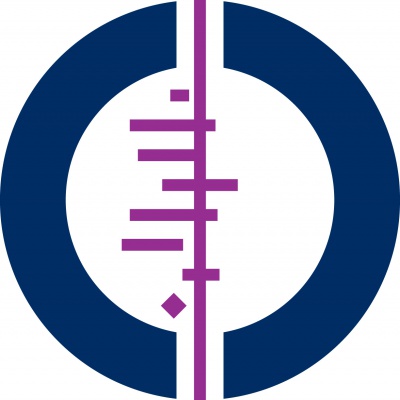Health literacy (HL) refers to the knowledge, motivation, and skills (e.g., reading and writing skills) that people need to find, understand, evaluate, and use health information. Migrants may encounter difficulties in LS (for example when they are not familiar with the country’s health system).
“Generic” HL means that people can find, understand, and use general health information to make health decisions. “Disease-specific” HL means that people can find, understand, and use information about a given disease or that they know the symptoms of a disease or understand treatment options.
Key messages
We have moderate to low confidence in these findings that some social health interventions have small to moderate positive effects on migrant health. This means that these interventions can help people improve their knowledge, recognition and understanding of medical terms, or their use of health information.
There is a need for larger, well-designed studies that measure the long-term effects of LS interventions among migrant women and men.
What did we want to discover?
Our main objective was to find out whether health interventions can help migrants improve their health. We also wanted to know whether migrant women or men benefited more from these interventions.
What have we done?
We searched for studies investigating interventions to improve HL in migrants. These interventions were compared to 1) no LS intervention (e.g. standard care), 2) written information on the same health topic (e.g. brief brochure), 3) an unrelated LS intervention (participants received a similar intervention, but the information was on a different health topic), or 4) another HL intervention (participants received a different intervention, but the information was on the even health subject).
Included studies measured HL either as an overall construct or only as components of it (e.g., understanding health information). We compared and summarized the results of the studies and assessed our confidence in the evidence, based on factors such as study methods.
What did we find?
We found 34 studies involving 8,249 migrants with a wide range of health problems. All studies were conducted in high-income countries. All interventions were adapted to the culture, language and literacy level of the participants. None of the studies reported that LH interventions caused harm, but only two studies reported possible harm (anxiety). Many studies have reported short-term results (up to six weeks after the end of the intervention, the focus of this summary). There were also several subsequent findings (presented in the main review).
Compared to an unrelated or non-HL related intervention:
Self-Management Programs (SMP) (long-term programs including group education and personal support) likely slightly improves self-efficacy in managing one’s illness (meaning participants had greater confidence in their abilities to act on health information). SMP may also improve disease-specific HL and may modestly improve health behavior, but may have little effect on knowledge or self-rated health status. We do not know whether PMS improves quality of life (QoL) or health service utilization.
HL Skills Building Course (group education in which participants learn, for example, what to do to prevent an illness) can improve knowledge and generic HL, but they may have little effect on knowledge about depression or health-related behaviors. We do not know whether they improve quality of life, health outcomes, health service utilization, or self-efficacy.
Audiovisual education without personal feedback (AVE) (including video education, interactive computer education or printed educational photo reports) likely improves knowledge about depression and health service utilization. AVE may improve self-efficacy and slightly improve knowledge and intention to seek treatment for depression, but may have little effect on health behavior or depression. No studies have reported on quality of life.
Aadapted medical instructions (medical instructions using simple language, illustrations or pictures) may improve understanding of health information, but may have little effect on treatment adherence. No studies reported on quality of life, health outcomes, knowledge, health service utilization, or self-efficacy.
Compared to written information:
SMP probably improves reading skills, self-efficacy, and numeracy skills in health matters. SMP may improve any disease-specific HL, knowledge, and some health behaviors, but may have little effect on the evaluation of health information. We do not know whether PMS improves quality of life, health outcomes, or health service utilization.
AVE probably has little effect on HL diabetes but probably improves the assessment and application of information. AVE can slightly improve knowledge. No studies reported on quality of life, depression, health behaviors, self-efficacy, or health service utilization.
AVE compared to another AVE:
We don’t know if narrative videos are better than factual knowledge videos because the evidence was very uncertain.
Do migrant women or men benefit differently from social health interventions?
Diabetes HL of migrant women may improve slightly more than that of migrant men after receiving AVE. For other comparisons and results, we either found no evidence or are uncertain about the results.
What are the limits of the evidence?
It is possible that participants in some studies knew what treatment they were receiving. Furthermore, studies have been carried out with different groups of migrants, coming from different regions and with different health conditions, and some studies included few people.
How up to date is this evidence?
This notice is current as of February 2, 2022.
